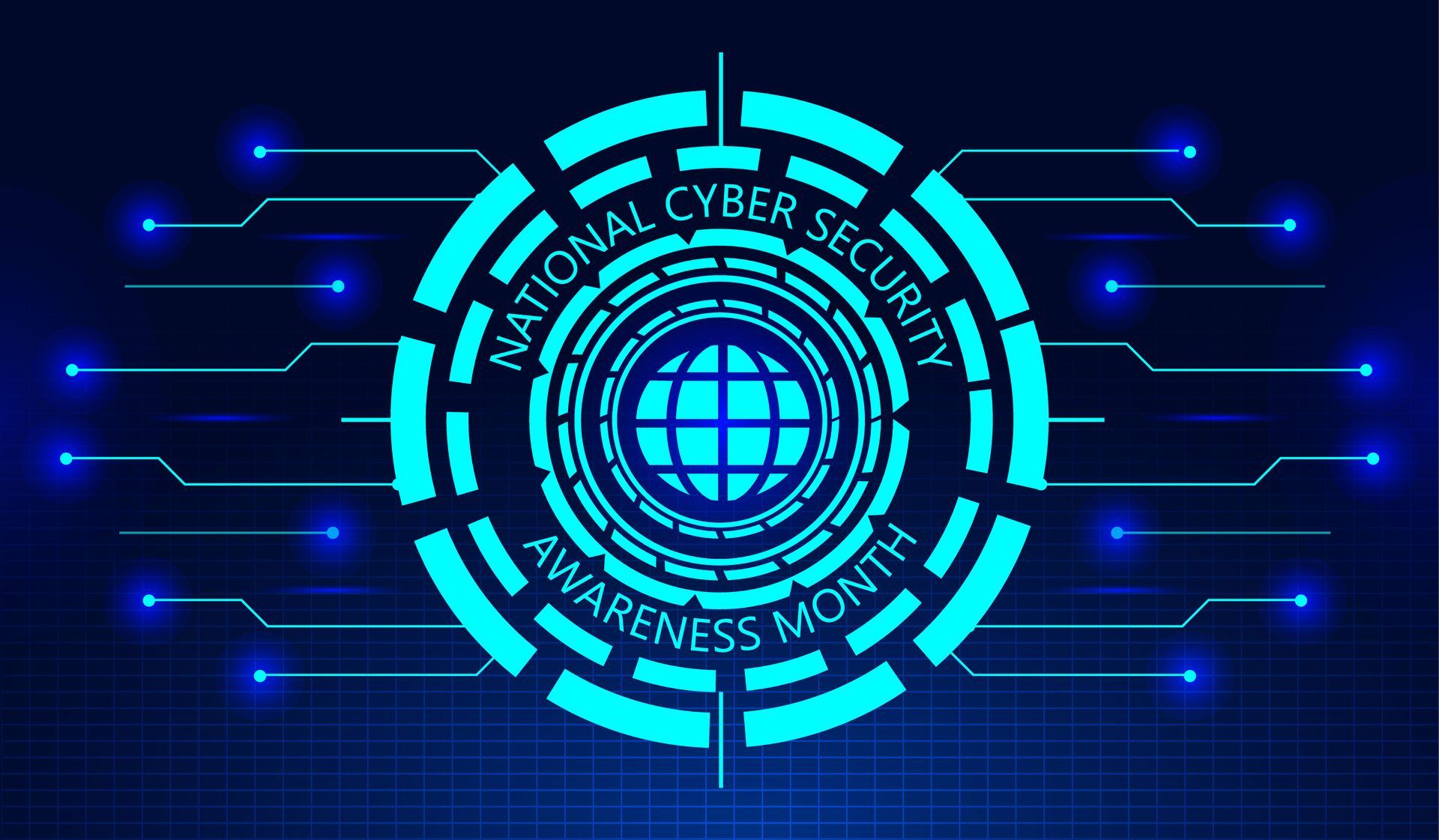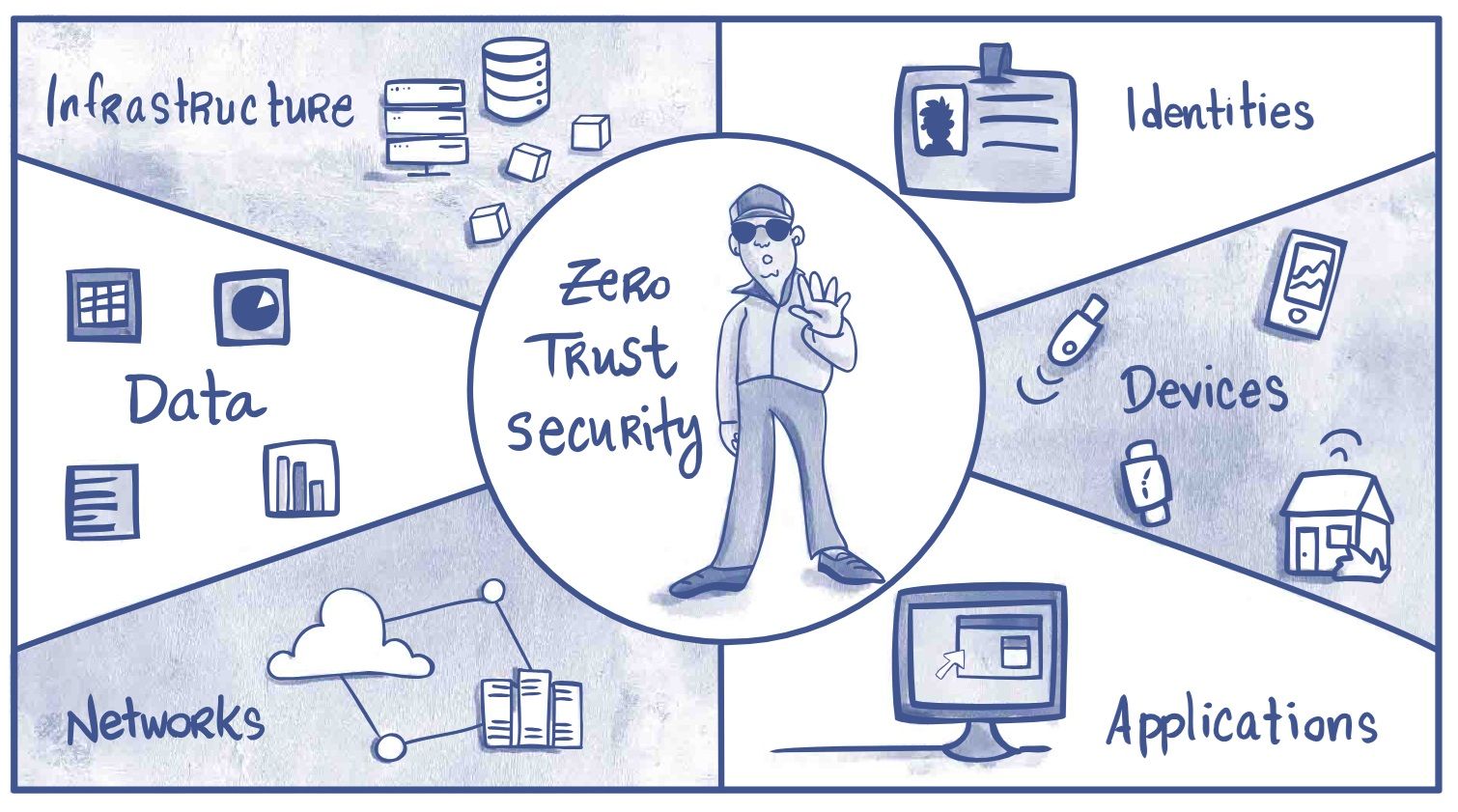CALL US! 941-493-5126
CALL US! 941-493-5126
College-Age Kids Are a Prime Target for Cybercriminals – Make Sure Your Students Are Safe at School
College-Age Kids Are a Prime Target for Cybercriminals – Make Sure Your Students Are Safe at School
The college has changed since many of us were students. Years ago, we’d be shuffling from class to class, holding a single notebook and a pencil for scribbling down notes. There wasn’t as significant a risk of photos or data being stolen online.
That’s no longer the case. Students today have at least one – usually two or three – devices readily available. The scary part is that most college-age students think of themselves as tech-savvy “digital natives”; however, a study by Atlas VPN showed that Gen-Zeers and millennials are the age groups most likely to fall for phishing scams.
In fact, according to the National Cybersecurity Alliance, 20% of Gen-Zeers have had their identity stolen at least once.
Here are just a few of the terrifying ways cybercriminals attack this young crowd:
● Unpaid tuition notifications – scammers will send fake e-mails to students claiming they owe a certain amount, or it’ll affect their enrollment.
● Fake financial aid, grant, or scholarship websites that, when clicked, either steal their information or install malware on their computer.
● Fake Wi-Fi accounts set up by hackers in public places to steal passwords and private data when their device connects.
● Social media scams are used to gather private information to either hack accounts or set up new ones.
● Hacking phones or social media accounts to steal photos and blackmail students into payment so they don’t release them publicly.
Sadly, the list goes on and on!
How can kids raised on technology fall for so many scams? Here are just a few of the big reasons why:
● Hackers know most students aren’t adequately educated on cyber threats because they’ve always worked on computers secured by the school or their parents.
● They grew up using social media and feel comfortable divulging private information about themselves (that thieves can harvest and later use to initiate an attack).
● This is a big one – they have no or very little credit, giving cyber scammers a smoother path to opening accounts in their name.
● They have multiple connected devices like phones, laptops, tablets, and watches that give criminals more avenues to attack.
● College kids are distracted. They’re focused on school and making friends, and NOT cyber security, making it easy to let a cybercriminal slip by undetected until it’s too late.
What can you do?
We have robust cyber security solutions and 24-hour monitoring to protect the businesses we work with and can even recommend at-home security software, but what about when your kids go off to school, away from your watchful eye?
You certainly can’t pack up and camp out at college to make sure they’re following cybersecurity best practices. But you can ensure they know what to look out for and give them the tools and resources to stay as safe as possible.
Here are 14 actions your child can take to prevent being a victim of cybercrime when they’re off at college:
- Invest in robust and trusted virus and spyware protection and run scans once a week.
- Never click “Remind Me Tomorrow” when a phone or computer wants to update. Turn on automatic updates when possible.
- Keep all browsers, extensions, and operating systems updated.
- Back up the computer to the cloud regularly to avoid losing data if an attack occurs.
- Do not visit or enter credit card information on websites that aren’t secure (HTTPS:// only!).
- Don’t connect to public Wi-Fi. Use a personal hotspot or VPN when on the go.
- Beware of phishing scams. Do not click links or open attachments in e-mails, especially from unknown senders. Google websites and search instead of clicking links.
- Use strong, unique passwords and use a password manager.
- Regularly delete cookies. These can create “loopholes” for hackers to get into a network.
- Only install software and apps from trusted sources.
- Use multifactor authentication.
- Lock all devices, and don’t share passwords, even with your new best friend.
- Cover all webcams – there are stickers for purchase online, but tape and paper will work.
- Register devices with the school in the event they are stolen.
Run through this list with your children! When students leave for college, cyber security is not their priority. Still, unfortunately, if they’re targeted, it could negatively impact their lives at a time when they’re just getting started.
Cyber security takes just a few minutes of conscious effort but is a critical lesson to learn in this age when nearly everything we do involves technology. The risks of cybercrime will only continue to grow.
If your organization could benefit from cyber security training similar to this but more in-depth for employees so they know the risks and best practices of cyber security, we can help. Start with a completely FREE Cybersecurity Risk Assessment or call us at 941-493-5126 to get started with a scheduled meeting.









VISIT OUR LOCATION
CONTACT INFORMATION
Email: paradisecomputer@comcast.net
Phone: 941-493-5126
PAYMENT OPTIONS






HOURS OF OPERATION
| Mon-Fri | 8:30 AM - 05:00 PM |
| Sat-Sun | Closed |
| Appointments Available for On-Site Service | |
BROWSE OUR WEBSITE
CONTACT INFORMATION
Address:
1832 Tamiami Trail South, Unit B, Venice, FL 34293
Email:
paradisecomputer@comcast.net
Phone:
941-493-5126


